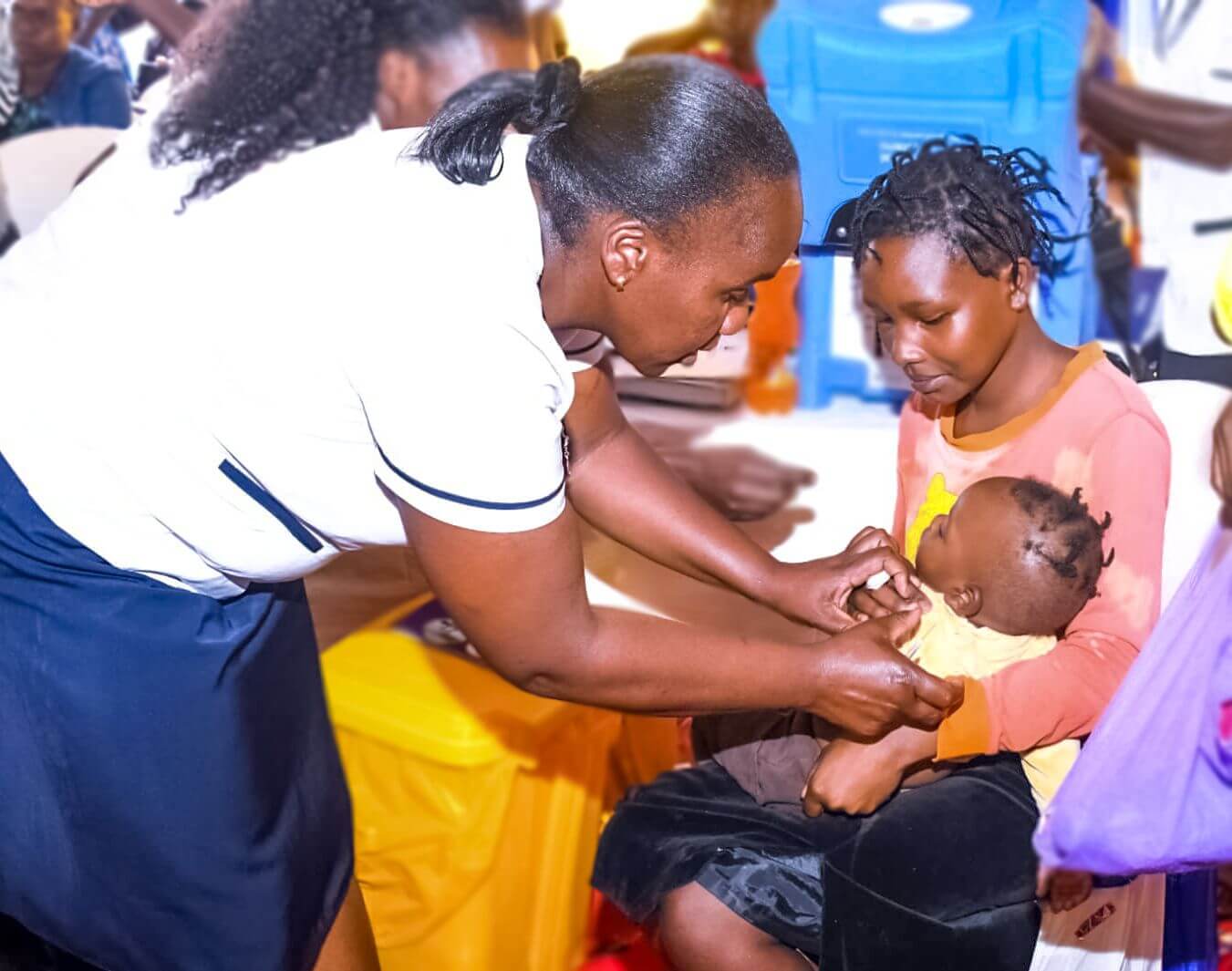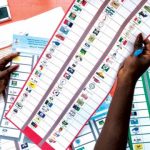Kenya has launched a campaign to expand the use of the world’s first malaria vaccine, RTS,S, to thousands of children at high risk of malaria illness and death.
Announcing during a recent stakeholder meeting, the Ministry of Health said the expanded use would benefit more children in the country’s Lake-endemic region, west of the country.
“We are thrilled to announce today that more children in Kenya will be able to benefit from the life-saving protection offered by the world’s first malaria vaccine,” said health cabinet secretary Susan Wafula.
“Over the past three years, we’ve seen a dramatic reduction in the number of malaria cases and hospitalisations from malaria in areas where the vaccine has been administered. We are excited to be now able to offer this additional malaria tool to more of our children.”
Kenya is one of three African countries — alongside Ghana and Malawi — where the RTS,S malaria vaccine has been used since the pilot programme’s launch in selective parts of the country in 2019.
According to data from the Kenya Malaria Indicator Survey (KMIS), Kenya’s malaria prevalence rate in the Lake-endemic region where the vaccine was piloted dropped to 19% from 27%.
Angeline Achieng recounted how in 2015, she lost her two-year-old son to malaria.
“I watched helplessly as he slipped away from me because I did not have money to take him to the hospital,” the 38-year-old mother of three said.
Today, Achieng is among the tens of thousands of mothers in Western Kenya who have benefited from the world’s first-ever malaria vaccine.
“My two children are aged between one and three years, and the vaccine has saved me the trouble of endless hospital visits, buying medicine and the fear that malaria will also take them,” Achieng said.
The rollout is also happening in Ghana and Malawi.
Speaking at the expansion launch in the Sunyani East Municipality in the Bono region, Ghana, the minister of health, Kwaku Agyeman-Manu, underscored the significance of the vaccine towards eliminating malaria.
“Vaccination saves children’s lives; it is one of the most cost-effective public health interventions and the best way to help children to survive,” he said.
“I urge all caregivers and parents to take full advantage of this opportunity and ensure that they send their eligible children to the Child Health and Nutrition clinics to be vaccinated against this deadly childhood disease.”
GlaxoSmithKline is providing the vaccine, while US-based Open Philanthropy, through the PATH organisation, is providing funding for the expanded use of the vaccine in Kenya, Ghana, and Malawi through 2023.
Already, 13 countries in Africa have applied for funding from the Vaccine Alliance (Gavi) to support the vaccine rollout as part of their national malaria control strategies, according to the World Health Organisation (WHO).
Gavi is investing nearly $160 million to broaden vaccine rollout in endemic countries between 2022 and 2025.
WHO says that a phased malaria vaccine introduction in additional African countries is expected to begin as early as late 2023.
“As we welcome this additional tool to fight malaria and embrace the decision to reach many more communities and children, our objective is to continue to deploy malaria vaccination to other parts of Africa as more vaccine supplies become available,” said Abdourahmane Diallo, WHO Kenya country representative.
Diallo noted that WHO is aware of the global limitation in vaccine supply and has “developed an allocation framework to ensure equity and fairness for access to the limited vaccine supply while working with manufacturers to increase capacity to meet global demands”.
With a child getting four malaria vaccine doses between the ages of six months and two years, African countries that piloted the vaccine have recorded a substantial drop in child hospitalisation and deaths, according to the WHO.
WHO says more than 1.2 million children have already received RTS, S in Ghana, Kenya and Malawi, with 3.8 million doses being administered since the 2019 start of phased or pilot introductions.
Data from WHO shows that RTS,S has similar efficacy to seasonal malaria chemoprevention (SMC), which prevents about 75% of clinical malaria cases when provided just before the peak rainy season.
Health authorities say they hope vaccination initiatives will help eradicate the disease.
bird story agency
Kenya has launched an expanded campaign to use the world's first malaria vaccine, RTS,S, targeting thousands of children in high-risk areas, particularly in the Lake-endemic region. Health cabinet secretary Susan Wafula announced that this initiative has significantly reduced malaria cases and hospitalizations in areas where the vaccine has been administered over the past three years. The vaccine is also being rolled out in Ghana and Malawi.
Angeline Achieng, a mother who lost her child to malaria, shared how the vaccine has benefited her remaining children, preventing frequent hospital visits and medication costs. The initiative's expansion is supported by GlaxoSmithKline, Open Philanthropy, and funding from Gavi, the Vaccine Alliance. Thirteen African countries have applied for Gavi funding, with a substantial investment of nearly $160 million to broaden the vaccine's rollout from 2022 to 2025.
The World Health Organisation (WHO) anticipates further phased rollouts in more African countries starting late 2023. WHO has developed a framework to ensure fair vaccine distribution amid global limitations and is working to increase supply capacity. To date, over 1.2 million children in Ghana, Kenya, and Malawi have received the RTS,S vaccine, with 3.8 million doses administered since 2019. The vaccine has shown similar efficacy to seasonal malaria chemoprevention, preventing about 75% of clinical malaria cases.
Health authorities remain hopeful that vaccination initiatives will significantly contribute to malaria eradication.






